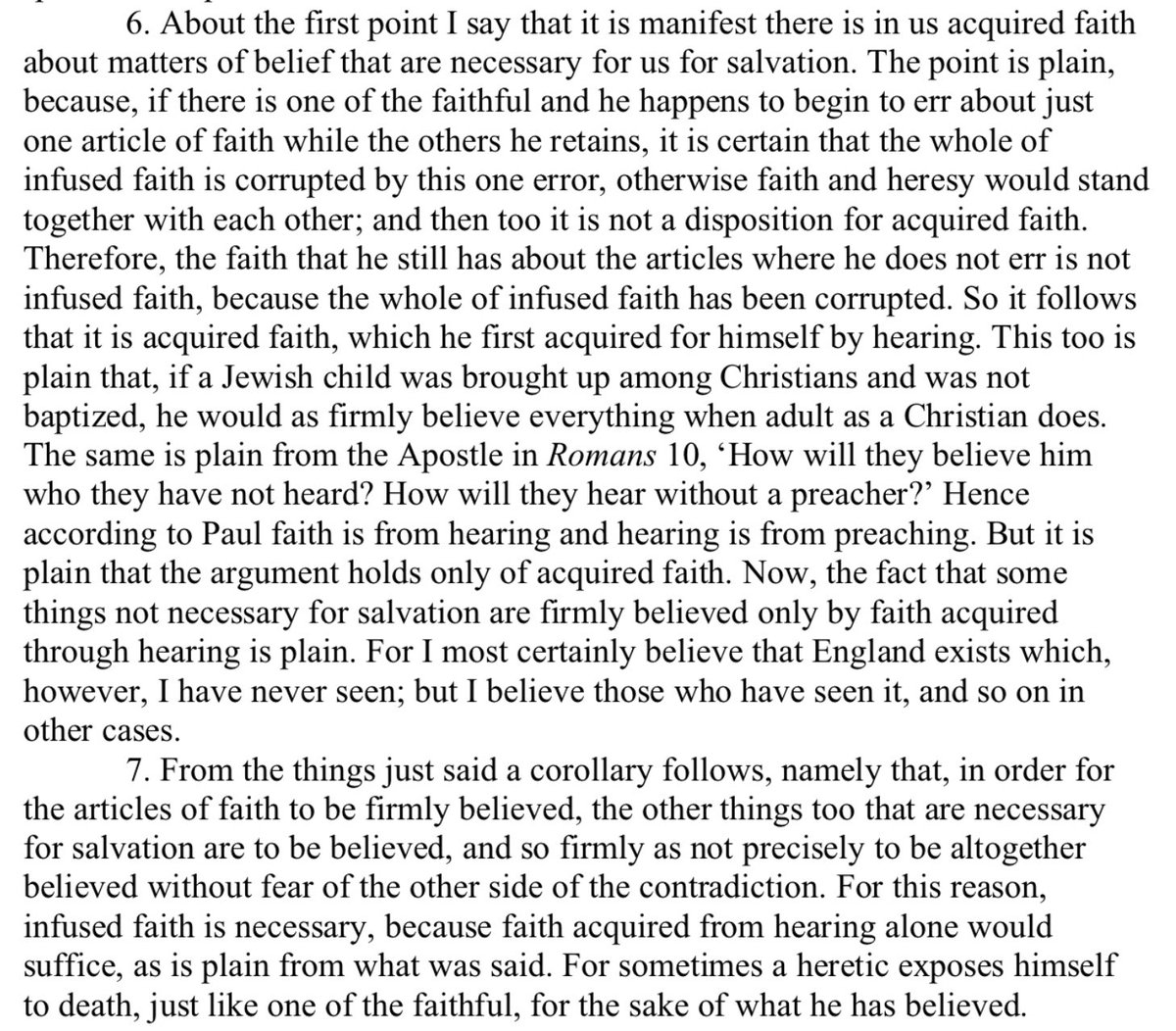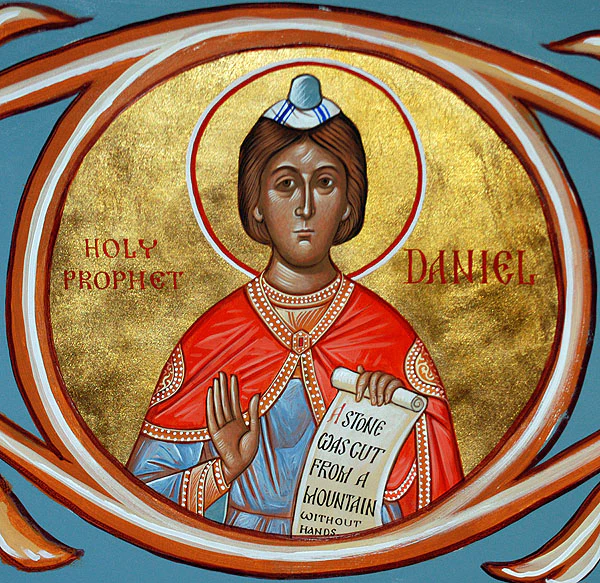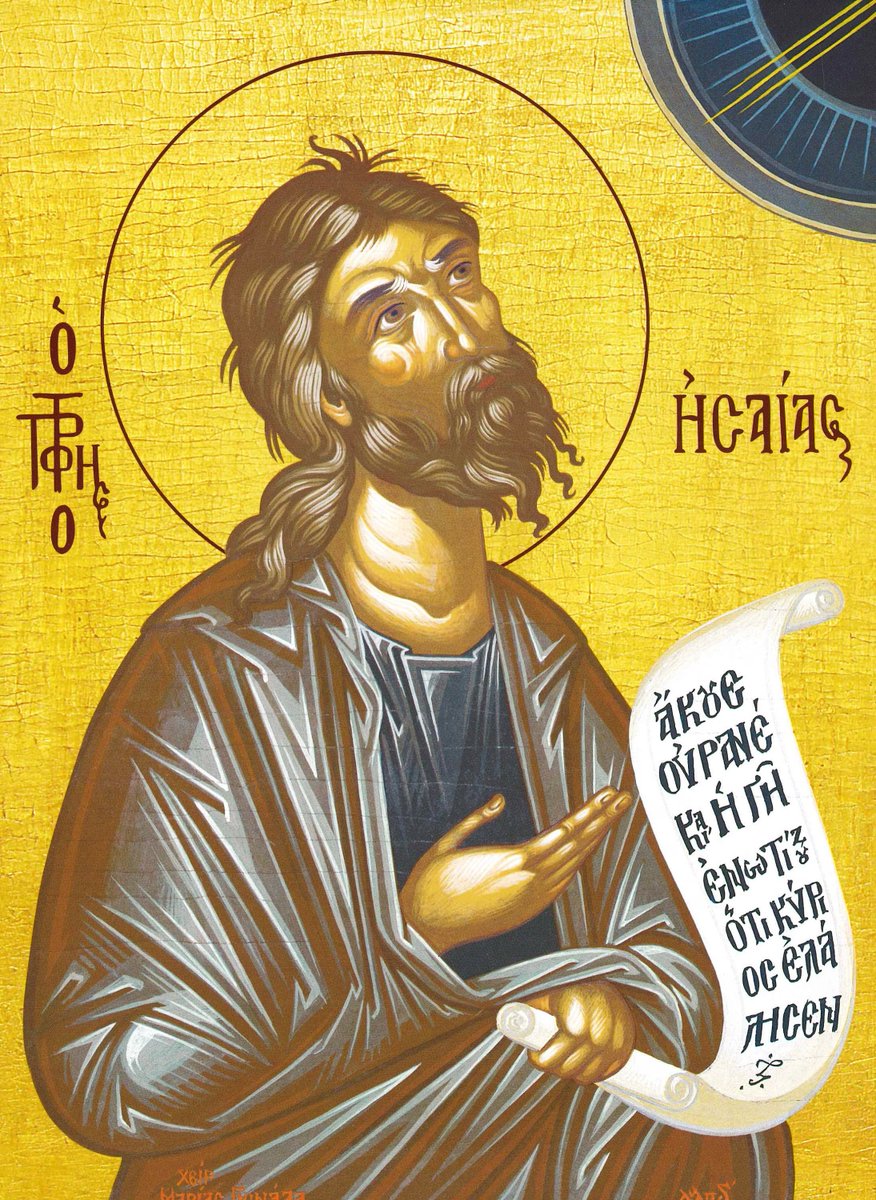When it comes to the immaculate conception, there seems to be a significant problem: one cannot be born without original sin without the grace of the incarnation. But the in order for the incarnation to happen, there has to be a sinless woman to bear God. How does we solve this?
According to Bl. John Duns Scotus, and as recieved as official Church teaching in Ineffabilis Deus, Mary was able to be concieved without sin on account of the foreseen merits of Christ.
But is there any biblical precedence for this?
But is there any biblical precedence for this?

We actually find a very similar situation in the books of Ezra and Zechariah.
According to Ezra, after the return from the Babylonian exile, the Jews sought to rebuild the temple. In order to consecrate the temple, they needed a ritually clean high priest.
According to Ezra, after the return from the Babylonian exile, the Jews sought to rebuild the temple. In order to consecrate the temple, they needed a ritually clean high priest.

In the vision of Zechariah, we see that Joshua the high priest in filthy garments being accused by Satan. He is ritually unclean. Now ordinarily it would be easy for the high priest to cleanse himself through sacrifice. But in order to do that, he needs a consecrated altar… 

Thus the Jews are in a catch-22. They cannot consecrate the altar without a ritually pure high priest, and they cannot cleanse the priest without a consecrated altar.
So what happens? The Angel of the Lord, the preincarnate Christ, comes and gives Joshua pure vestments.
So what happens? The Angel of the Lord, the preincarnate Christ, comes and gives Joshua pure vestments.

Thus, the later merits of the cleansing ritual are applied beforehand by direct divine intervention. A beautiful image of the immaculate conception.
Sts. Zechariah and Joshua, pray for us!
Most Holy Theotokos save us!
Sts. Zechariah and Joshua, pray for us!
Most Holy Theotokos save us!

I’ve been very fascinated by this story in Zechariah ever since I read about it in A House for My Name by @PLeithart. I just realized the connection with the immaculate conception a few days ago (although Leithart would probably disagree with my application.)
• • •
Missing some Tweet in this thread? You can try to
force a refresh

















